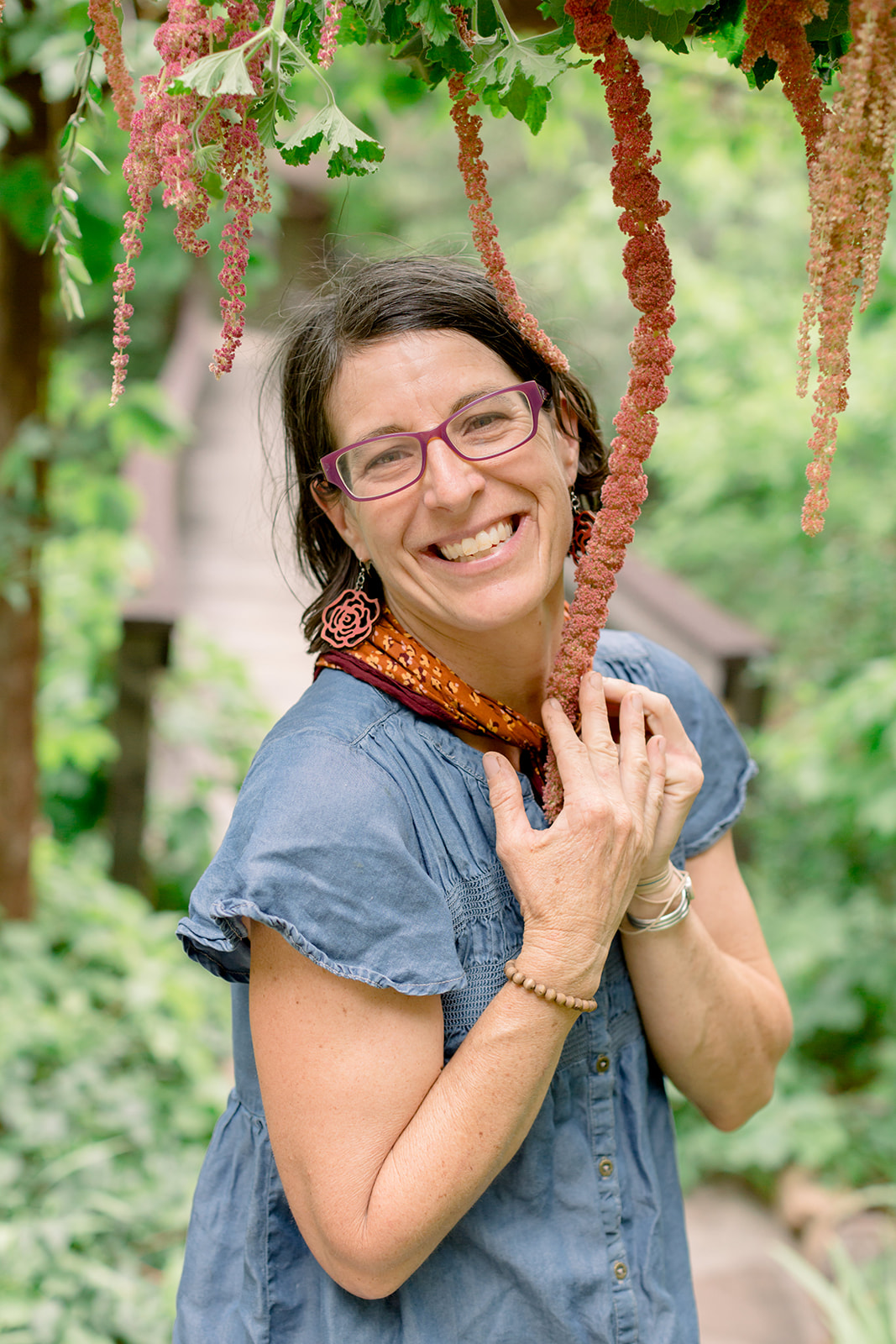I spent my last day on a month-long trip to Southeast Asia in Bangkok’s Chinatown. I floated on a river through narrow alleyways in an urban wilderness of determined shoppers. About half of the food items for sale I would not regard as edible: dried squids, brains, livers and pig’s hooves. As I observed this spectacle of commerce, I considered the ephemeral nature of traveling. You have the luxury to exist in a thousand distinct moments, in palettes of color so vivid, with smells and sounds so distinctly different from your home that you think to yourself, “I will never forget this …”
Yet inevitably you climb back aboard the ship of your real life and suddenly you are reclaimed by your daily routine: the errands, plumbing projects, office deadlines, social life and family commitments. Suddenly, a week, a month, then a year passes and the details of your experience fade until it will be hard to believe that you once wandered a remote island archipelago populated by flesh-eating Komodo dragons, with a guide who only carried a forked stick for protection. Or that you survived a night on the tiny upper deck of a boat in the middle of the ocean through a fierce thunderstorm. And it will be hard to believe you ever inhabited a place where the mossy statues of monstrous beings guarded the gates to temples, with deliberately placed daily offerings everywhere, the smell of burning incense as familiar as juniper smoke in Flagstaff. In the midst of a Flagstaff winter, you will definitely find it hard to believe that you were floating effortlessly in the ocean, hearing only the rhythm of your breath in time with the swaying sea grass as it was swept to and fro by the current of the sea.
Along the journey you learn quite by accident that the best moments happen when you throw away the map and the Lonely Planet guidebook (because the planet seems to be a lot less lonely than it used to be) and you just wander. You let your heart lead you to chance encounters with people and places not found in guidebooks. This leads to a path down the side of the volcano to the back yard of an elderly couple in a tiny village who are shelling their bean harvest for market. They invite you for coffee and bananas they grew right there while you helped shell some beans. Indeed, the unchartered territory can be the most rewarding.
You also discover that lacking language does not completely inhibit your ability to interact with people. You watch the world unfold around you like foreign film, only without subtitles. You supplement the 50 words in your Indonesian vocabulary with universal language of a wide smile and thumbs up. You also discover that most men in Indonesia are amateur folk singers and the people’s key of C takes you further than complex verb tenses would. You are constantly amazed and at the generosity of those who have little to share. And you promise to extend the same kindness and patience to foreigners in the United States. You realize that a stranger is just someone you have not met yet.
Inevitably, the trip comes to an end and people back home will ask, “How was it?” The fact that you even have the privilege to see such far edges of the planet should not be squandered. But how will you distill all these moments? You will tell them that the world is an exquisite masterpiece beyond our wildest imagination; that the rainforest is not getting any bigger—in fact it may not be a forest anymore, but patches of insular tree stands. You will tell them that there are thousands of ways to live your life fully and happily with much less—and without a credit card. You might even tell them that you think you can live more adventurously, with a more open mind to that which is unfamiliar to you in your own country. And that you hope you can continue not just looking, but as the poet Mary Oliver describes, “Looking I mean not just standing around, but standing around as though with your arms open.”

